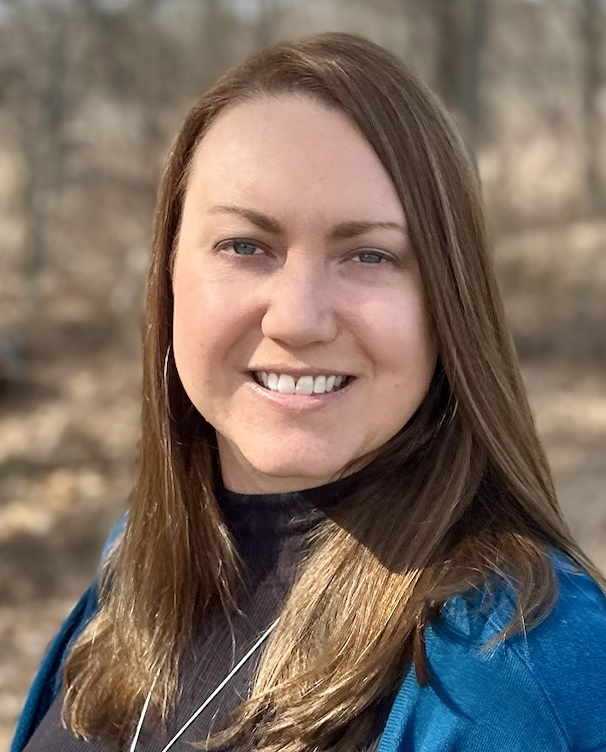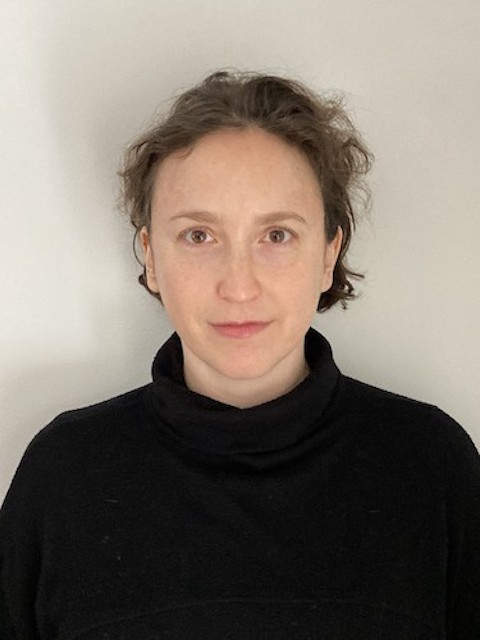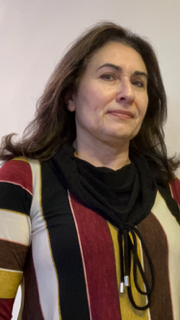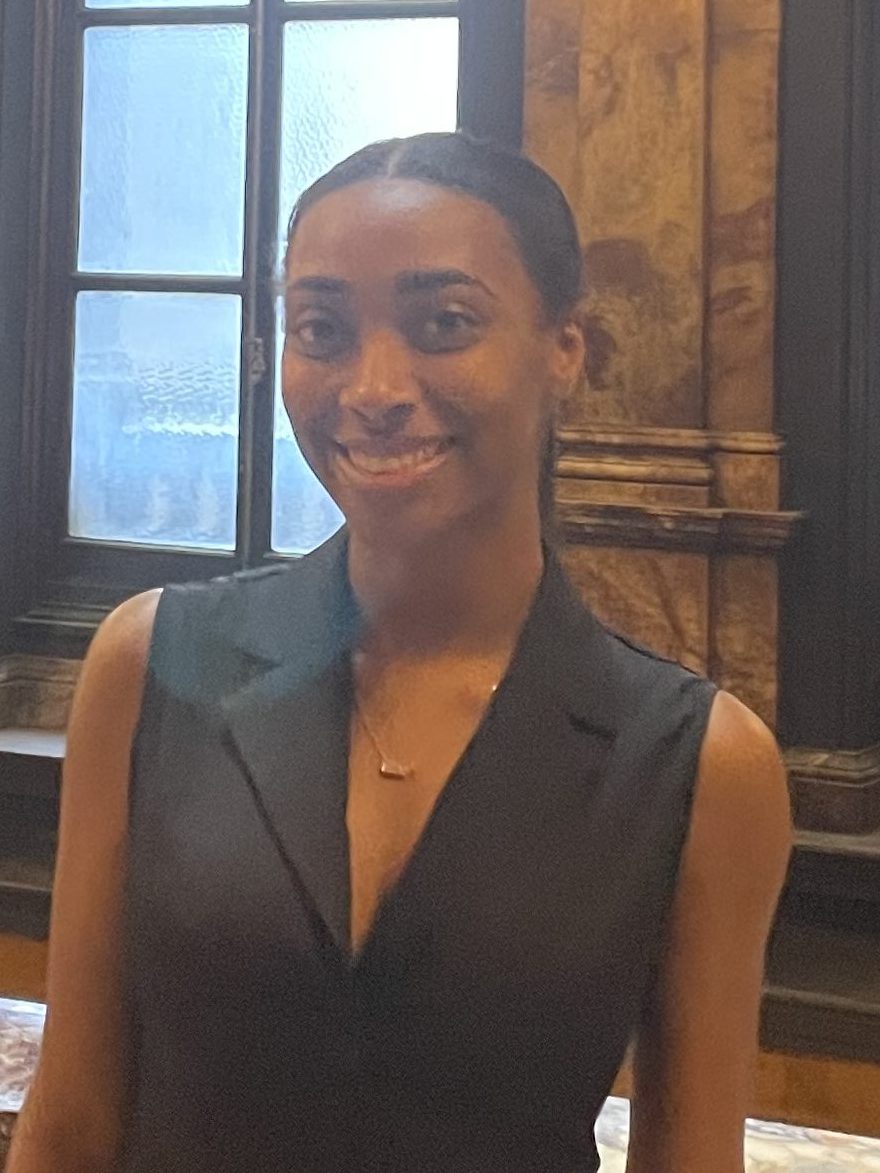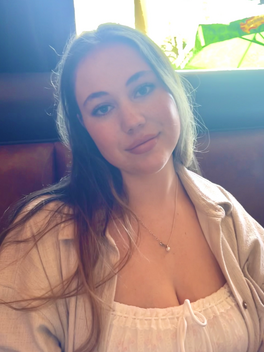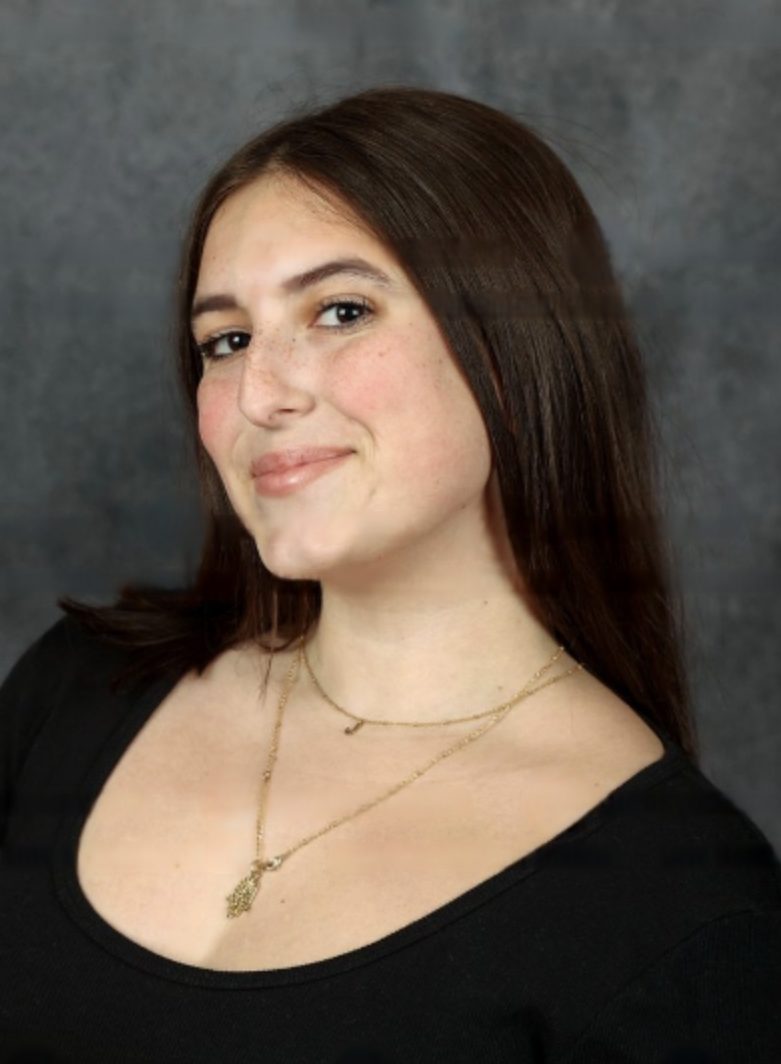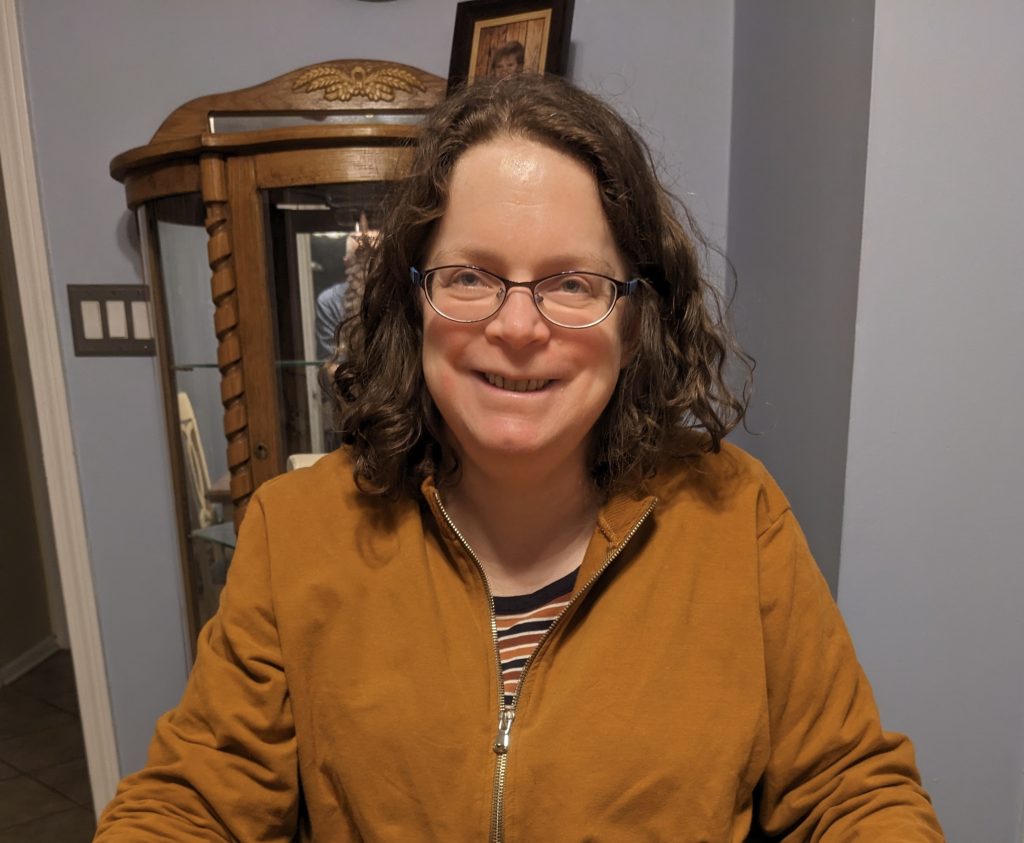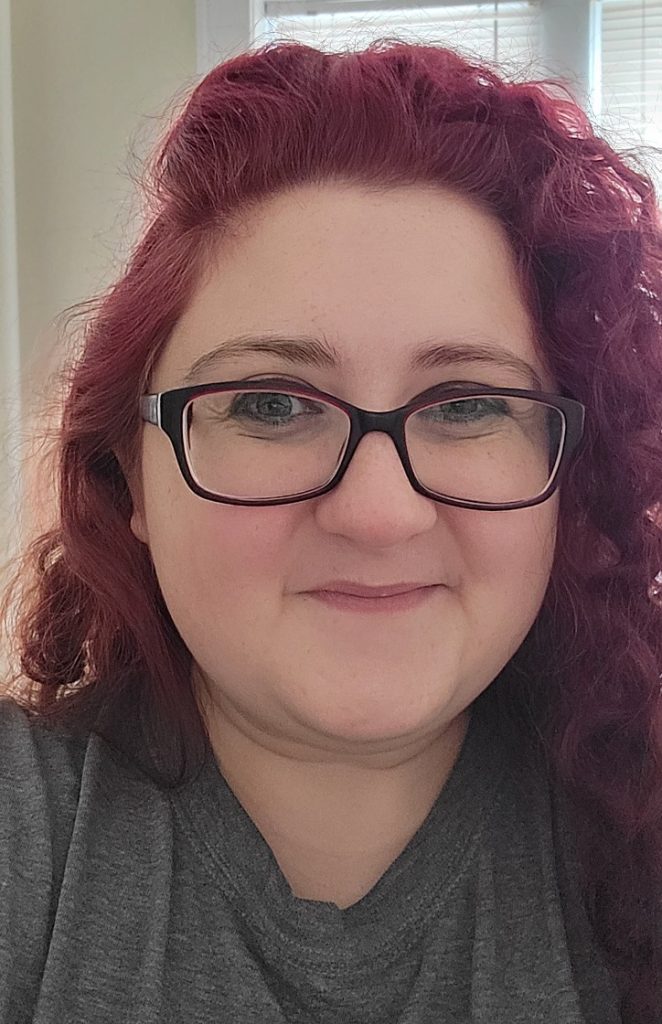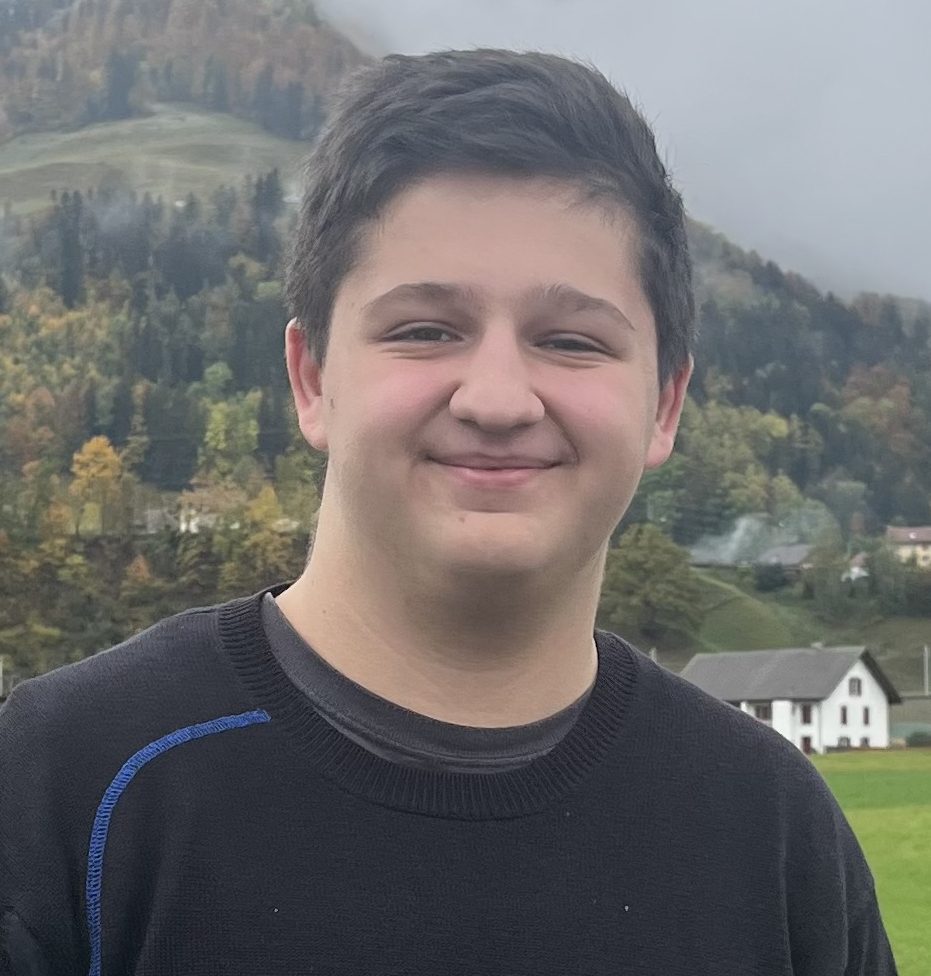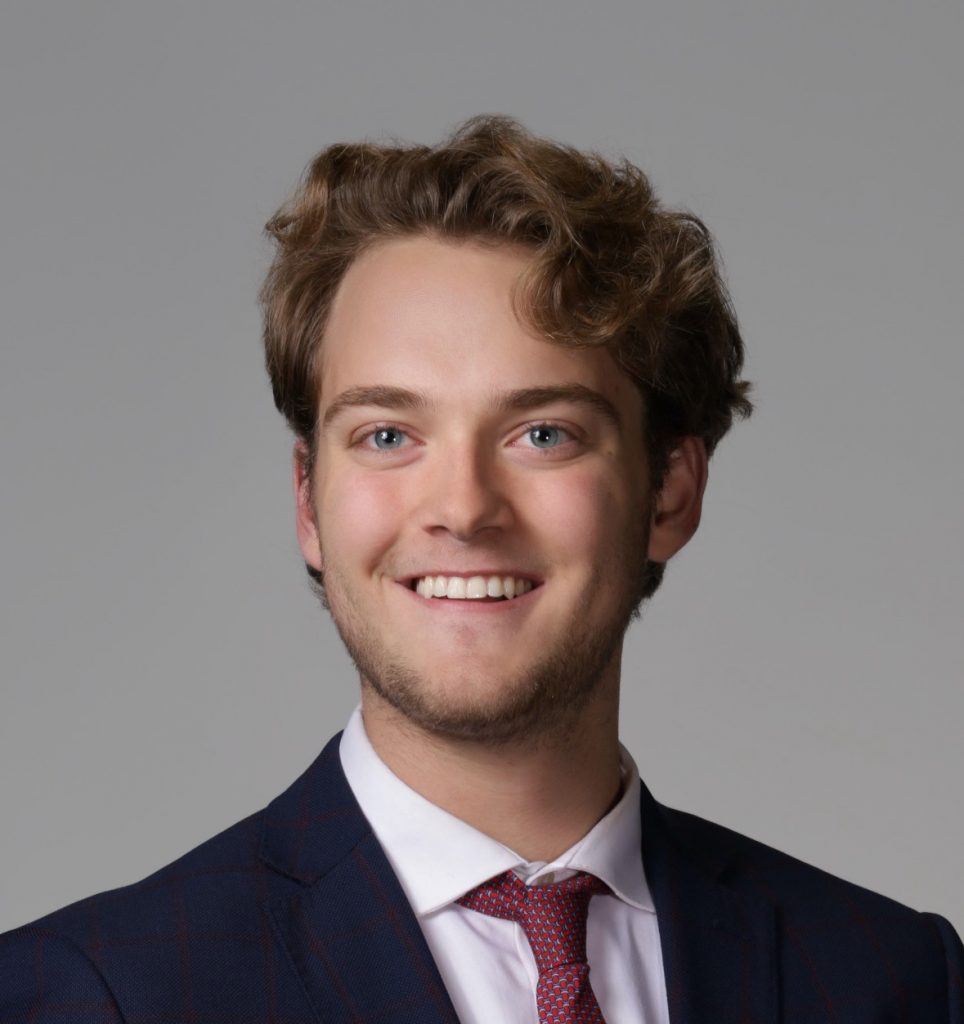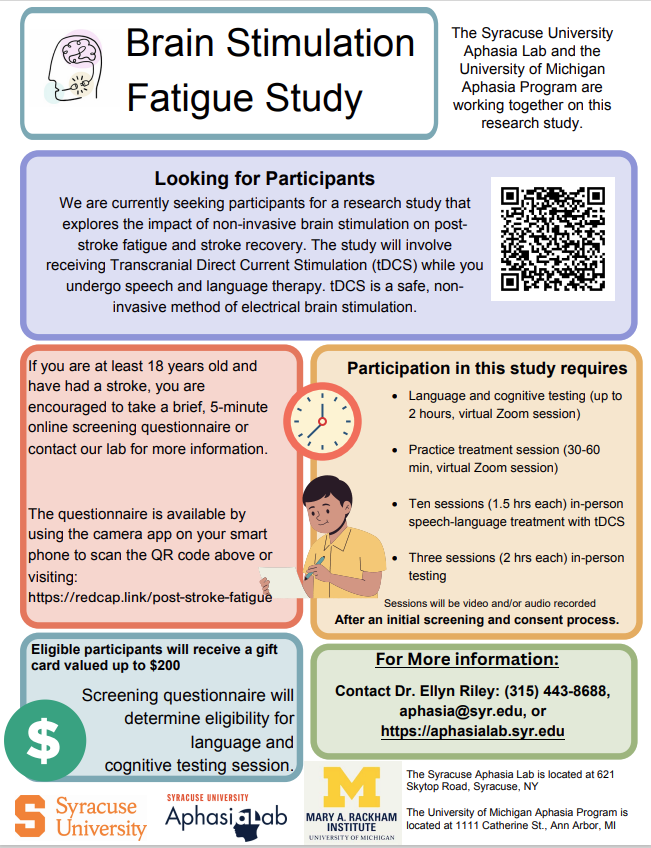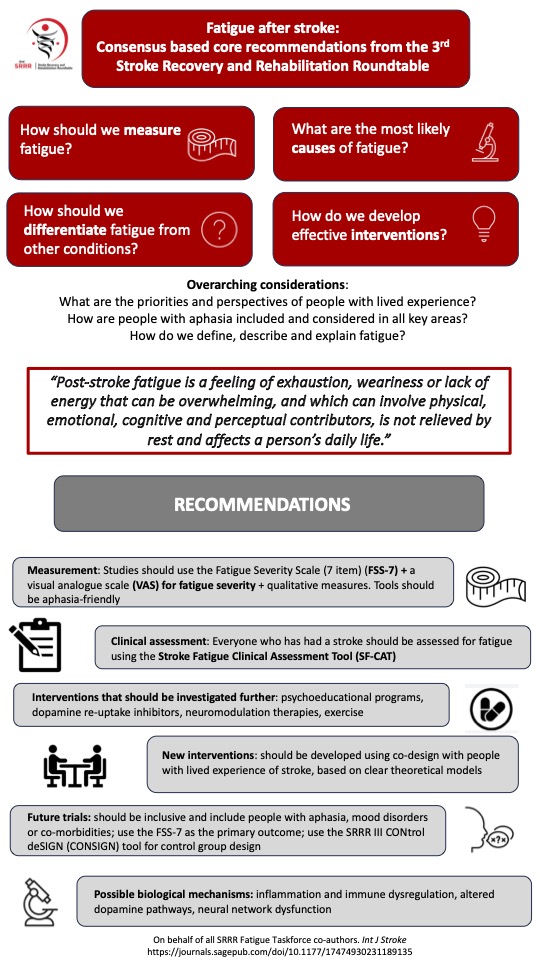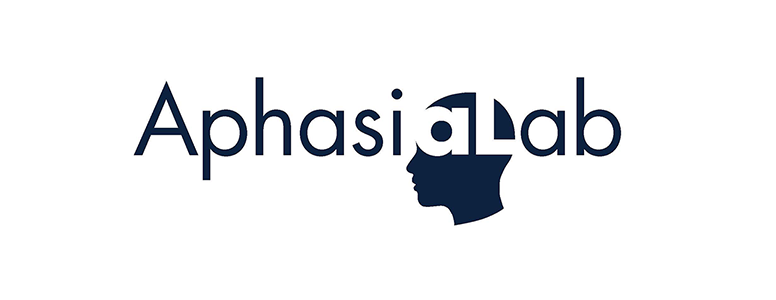If you are interested in making a contribution to the Aphasia Lab, please click the button below. You will be directed to a new page. When you donate from this button, your gift will go to the Aphasia Lab in the Department of Communication Sciences & Disorders at Syracuse University.
Should you wish to add more specifics to your donation, please check the “Comment and gift instructions” box to type your instructions.
If you need assistance with making a gift, please call the Lab at (315) 443-8688, or e-mail aphasia@syr.edu. Thank you!

